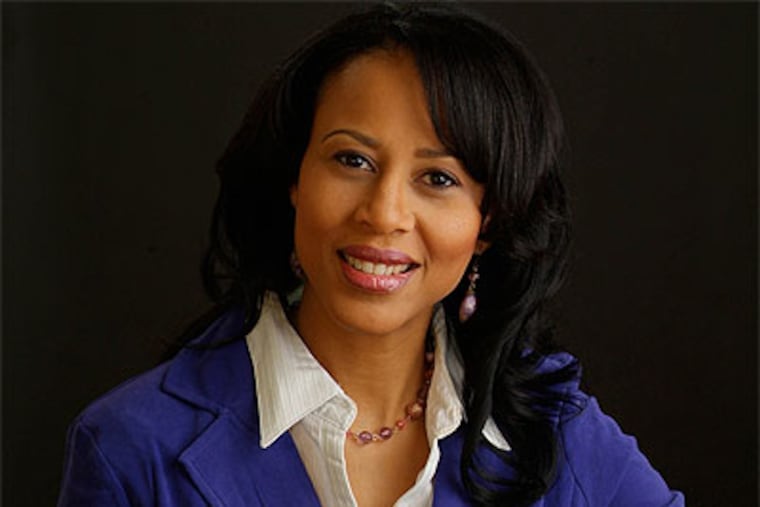The rich have issues, too
With so many families still trying to recover from the Great Recession, the wealthy aren't feeling much love from the American public.

WITH SO MANY families still trying to recover from the Great Recession, the wealthy aren't feeling much love from the American public.
The average net worth of households in the upper 7 percent of the wealth-distribution chain increased 28 percent during the first two years of the nation's economic recovery, compared with a 4 percent drop for households in the lower 93 percent, according to a Pew Research Center analysis of data from the Census Bureau.
In real numbers, 8 million households saw their mean wealth grow from 2009 to 2011 to almost $3.2 million. Compare that with the estimated $133,817 mean wealth of 111 million households.
So large is the wealth gap that it's hard to identify with people who seem to be so well off that they don't worry about outliving their money or how to pay for their kids' education.
Like most people, I have trouble grasping why families with substantial net worth have so many problems. Yes, money can't buy happiness. But surely it isn't as problematic or stressful as living paycheck to paycheck.
And yet we shouldn't be so envious of those who are prosperous - many of their families aren't thriving.
"Few wealthy families devote the same intensity, energy and commitment to their human assets - their family members - as they devote to their financial assets," says Ellen Miley Perry, founder and managing partner of Wealthbridge Partners, a firm that advises wealthy families.
Perry's seen a lot that money couldn't fix over her two-decade career. And now she's taken the lessons learned and put them in A Wealth of Possibilities: Navigating Family, Money, and Legacy (Egremont Press, $20).
Before you scoff at a book aimed at the affluent, let me assure you that much of the advice applies to the rising rich, too. You might not own a private jet or a summer home in the Hamptons, but there's a lot of pertinent information in this book if you're making more than enough to overindulge your children and turn them into entitled terrors.
"First-generation wealth-creators are often inclined to make the lives of their children easier through their financial resources," Perry says. That's not always a good thing.
There's a line from the movie "The Descendants" delivered by Matt King (played by George Clooney), an attorney who is the sole trustee over his family's land in Hawaii that is worth millions. Many of the relatives need King to sell the property because they've squandered their money. King, on the other hand, has lived below his means and at one point says, "I don't want my daughters growing up entitled and spoiled."
You have to manage your wealth so that you "give your children enough money to do something but not enough to do nothing," he says.
Or perhaps you work so hard to earn a six-figure salary that you don't have enough time for your children or family.
Think about these questions, Perry asks:
* How do you keep your feet firmly on the ground in the midst of great abundance?
* What is the meaning of work in the context of our financial means?
* What is the fundamental purpose of our monetary wealth?
If you are striving for success, you need to address these questions as much as those who already are wealthy. As we all labor to build a stronger financial life for ourselves, these questions should be front and center so we don't lose our way or our connection to our children.
Much of her advice is about communication. Have regular family meetings, she advises. Develop a family mission statement. Talk about your family values. All the talk should lead to balance. Don't allow the machinery - meetings, travel, projects - that allows you to make money take too much of your attention away from your family.
"But it's easier to pass down money than it is to pass down values, unless you have a plan and attend to it with the same thought as you do the wealth management," Perry writes.
There's another major issue she sees in wealthy families time and time again: "Parents, who have themselves accomplished much and now expect more from their children than is healthy or natural," Perry writes.
Guilty.
I've done that, pushed too hard.
Perry does a good job of showing me that in many respects, the rich are just like us. Despite their fortunes, their families can be as complicated as ours.
I'll be hosting a live online discussion about A Wealth of Possibilities at noon on May 30 at washingtonpost.com/discussions. Perry will join me to answer your questions. Every month, I randomly select readers to receive a copy of the featured book, which is donated by the publisher.
For a chance to win a copy of this month's book club selection, send an email to colorofmoney@washpost.com with your name and address.